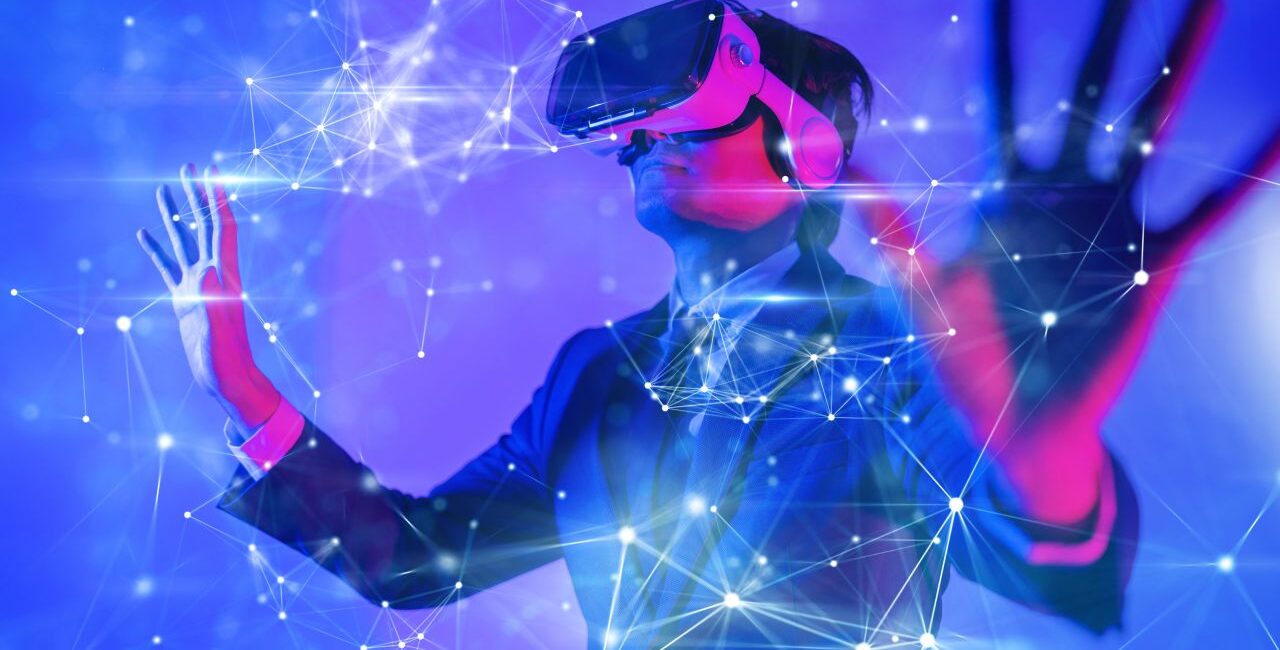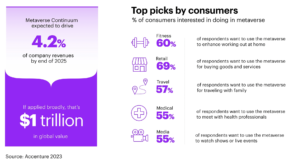Why is Metaverse so important for retailers?

Is the Metaverse just hype, or is it perhaps a very important sales channel for modern retailers?
There are so many discussions about the definition of the metaverse. Somehow everyone interprets it differently.
The most accepted definition describes the metaverse as a virtual immersive environment with social and economic elements.
Even more, all the different definitions have the following facts in common
- They see the metaverse as a new environment for social interaction.
- They recognize its entertainment value, and
- They see a metaverse-based economy as the basis for potential business.
Social interaction, gamification and entertaining content are seen as important factors that attract daily users and thus potential consumers.
In many existing virtual worlds/metaverses such as Roblox, Sandbox and others, these facts are already proven.
Even if the definition of the Metaverse is not clear, even if many of the Metaverses are still in development, what we already have and the opportunities that are being created are already remarkable and should not be ignored by traditional businesses.
For example, Gartner predicts that by 2026, 25% of people will spend at least one hour a day in the Metaverse.
Accenture’s research shows that 55% of consumers want to be active users of the Metaverse, and nearly all of them (90%) want to do so in the next year.

Speaking of businesses, Accenture found that more than half (55%) see the metaverse as a business opportunity for content creation and monetization. And even 89% of C-suite executives believe that the metaverse will be very important future growth of their companies.
The findings estimate that by the end of 2025, 4.2% of enterprise revenues, or a total of $1 trillion, could come from metaverse experiences and commerce.
By 2026, 30% of the world’s organizations will have products and services ready for the metaverse, according to Gartner.
But why is Metaverse so important to the retail industry?
The importance of Metaverse is far greater than for any other industry.
The reasons are quite logical:
- Metaverse is a new sales channel for retailers
- It opens possibilities for creating new business concepts
- It creates new ways of interacting with consumers (new community-based customer loyalty)
- In many cases, it creates access to new customers, the mostly younger generation
But the most important reason why Metaverse is interesting for retailers is
The Metaverse is a new LOCATION for retailers.
Don’t forget three most important elements for the success of a retailer:
- Location
- Location and
- Location
Now that the why is clear, let’s talk about the what.
There are many different business concepts possible, and only the limits of our imagination create limits of Metaverse related businesses.
But in general we could group the retail specific businesses into 3 different and specific groups:
- Virtual to Virtual
This group of business conectos is created about possibility to order some digital items in the virtual environment e.g. Metaverse and to get them delivered on the digital way to the virtual environment of the consumer.
- Virtual to physical
This group is actually very similar to the traditional e-commerce environment where the consumer can order physical items in the virtual environment such as online store or metaverse.
- Physical to Virtual
Business models in this group are related to the purchase of physical items and the related delivery of digital items.
In each of these groups, the place of order can be a virtual or even physical environment, such as brick-and-mortar stores.
The groups of business models mentioned above represent the typical sales process. If we talk about customer relationship management tools, then there is a new additional level in the metaverse. It is mostly related to the community and very special interaction with consumers.
Consumers are no longer consumers, but members of the community and buyers that they are even able to influence the strategy of retailers. This can be seen as a next level in the relationship with the customer.
New business models (sales channels) combined with next level of customer relationship plus a new way of entertainment and gamification create a new winning concept for every retailer.
Sources:





